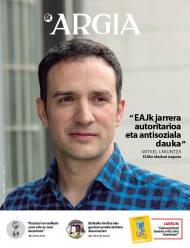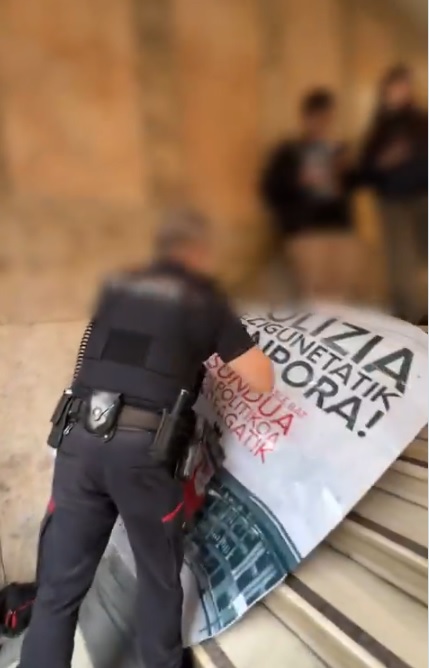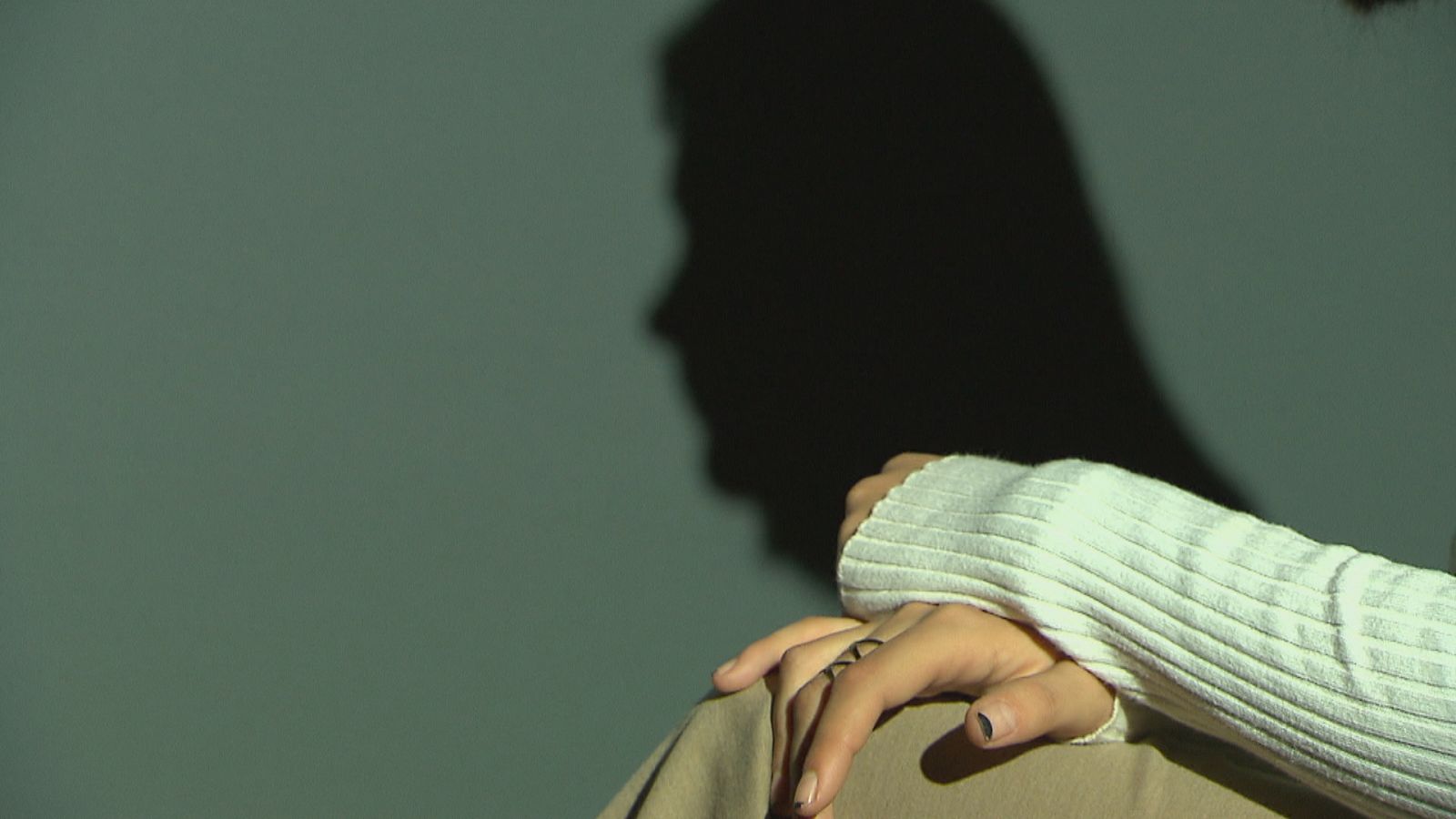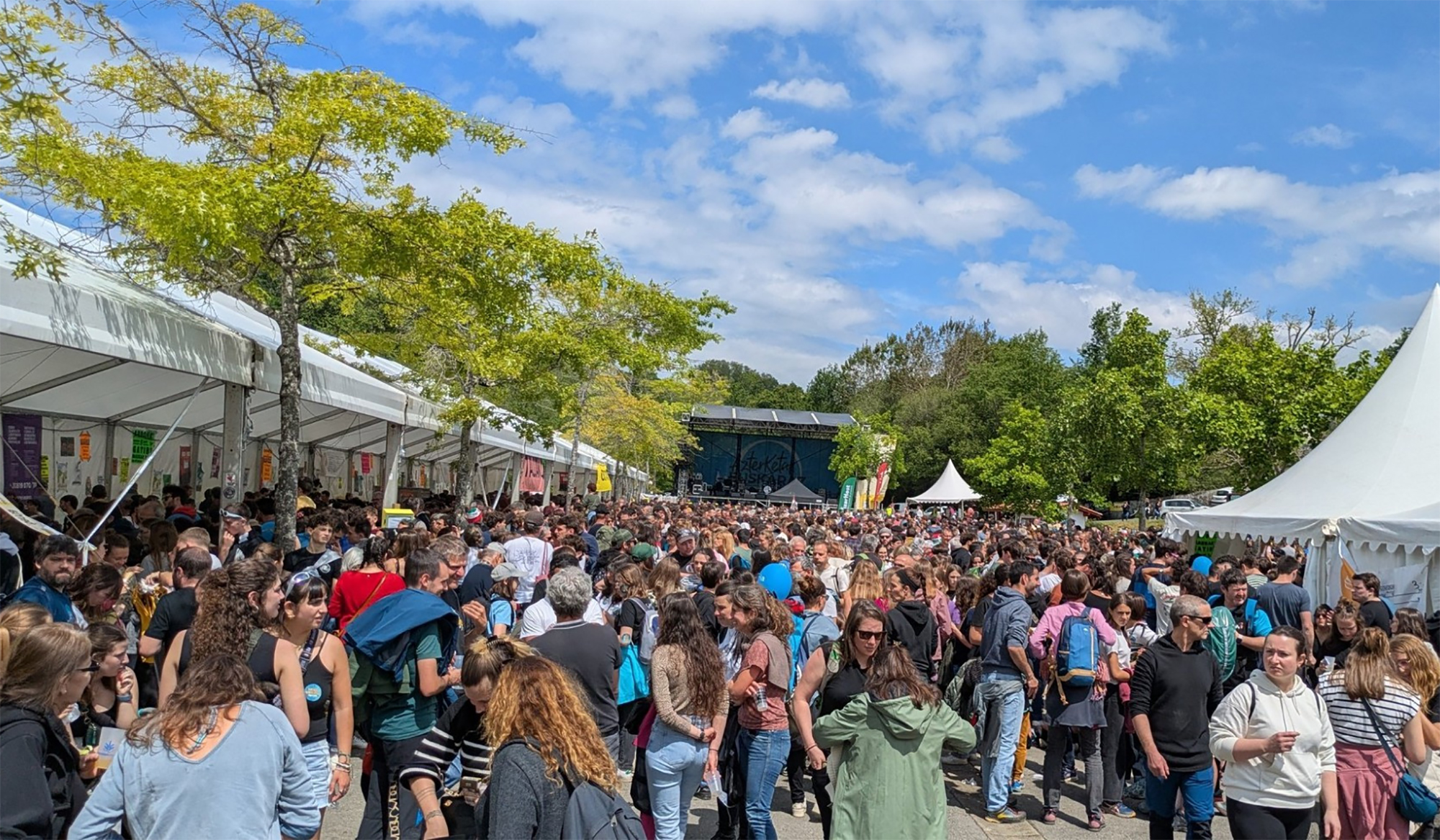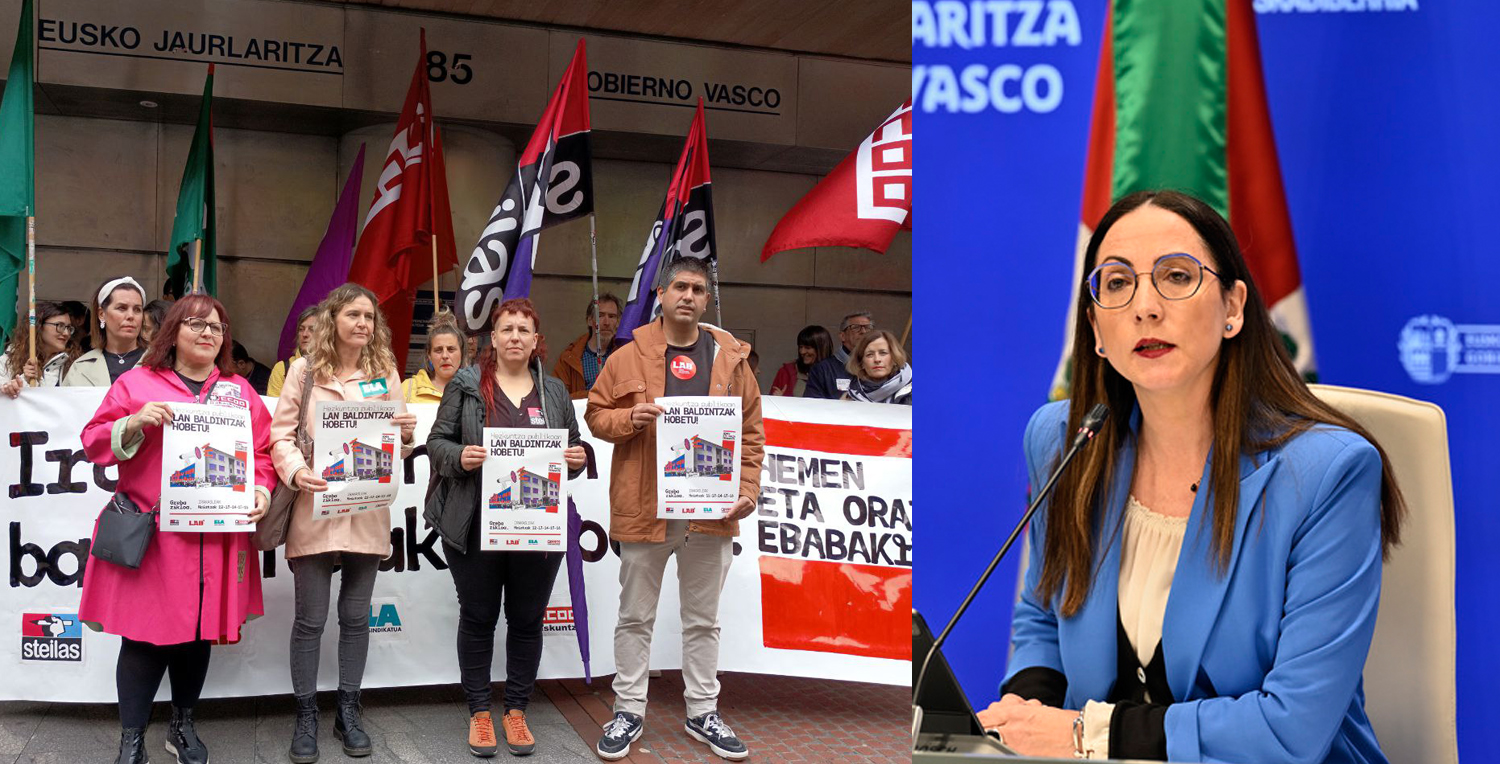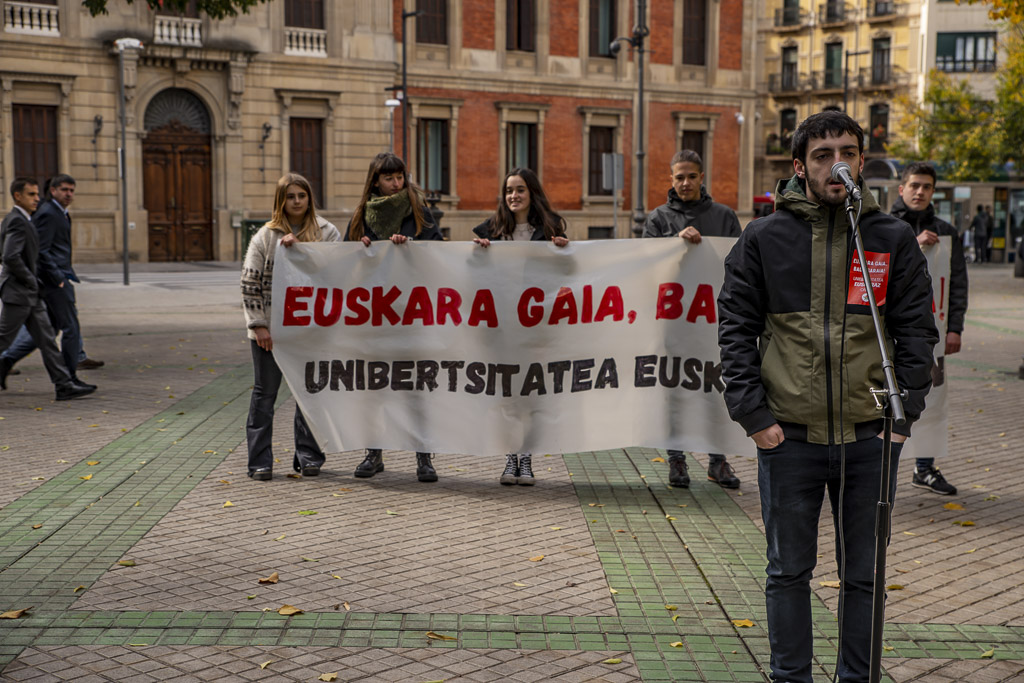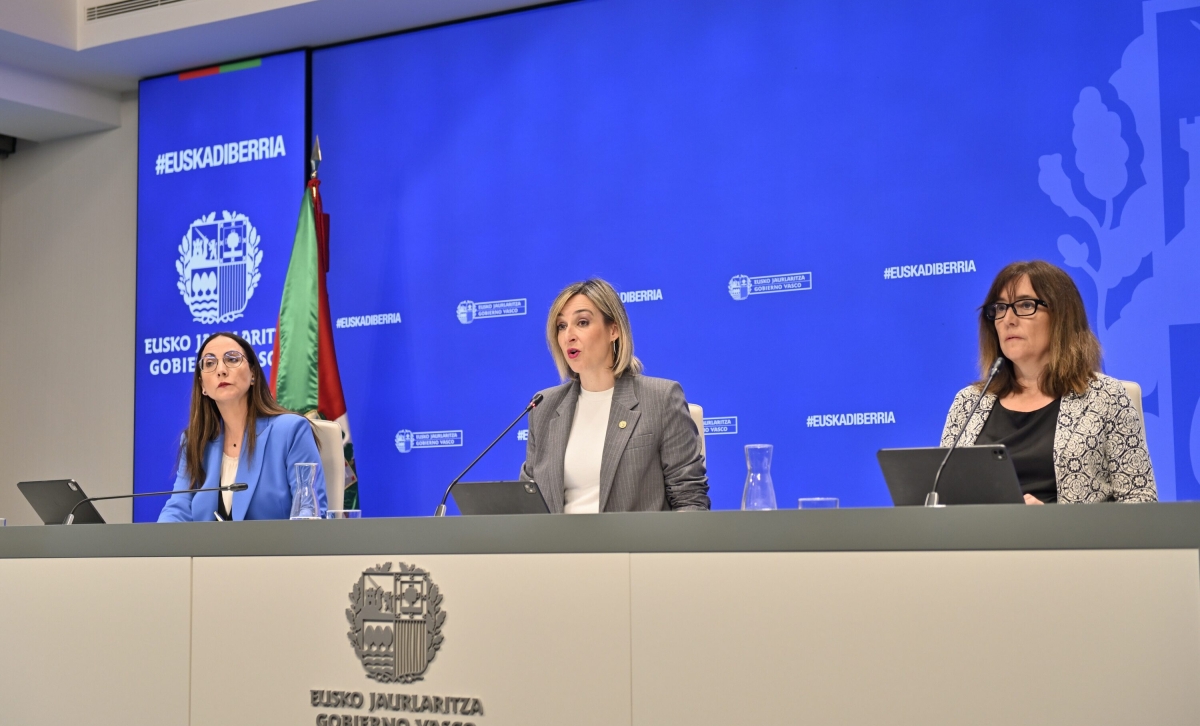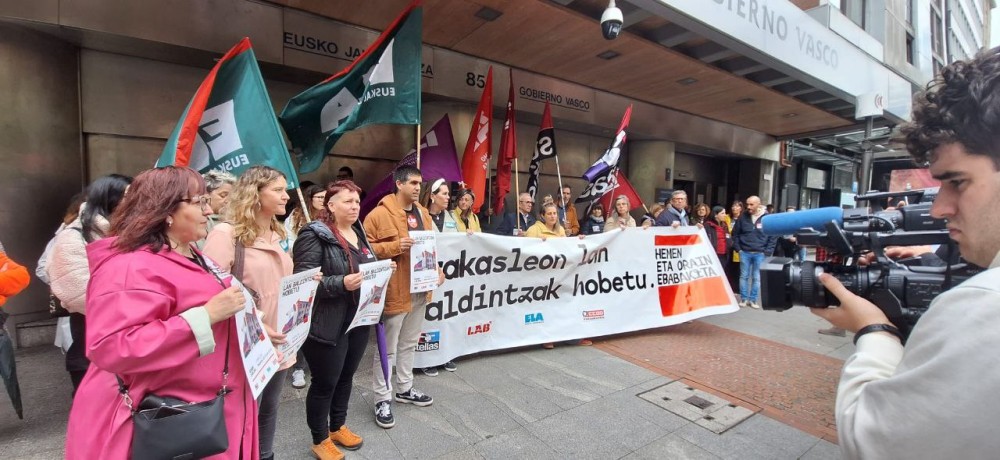"UPN doesn't want to see what's here"
- In the Lower Bank of Navarra the teaching of the Basque Country has four legs: Argia Ikastola with 230 students, model A (with Euskera subject) in public centers with 910 students, AEK with 60 students and Language School with 28. The Basque Country, Daniel López Moreno, has made it clear that model A must be promoted in this region, since this can be the effective access to the Basque country.
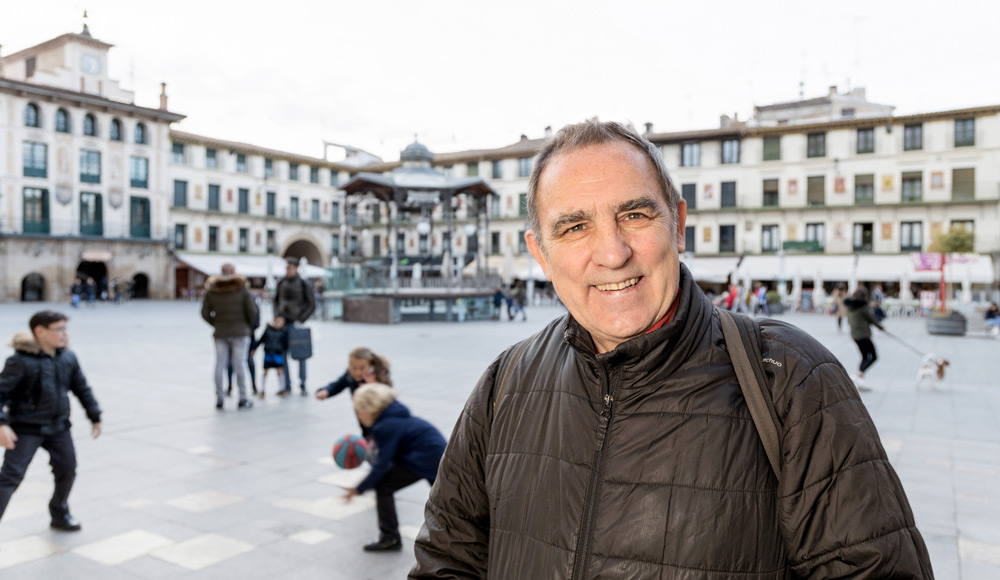
Irakasle erretiratua, Tuterako Beterri peñako kidea, Geroa Baiko militantea eta euskaltzale sutsua. Bere hiru semeek Argia Ikastolan ikasi dute. Azken zortzi urteotan Tuterako Olentzero izan da. Hori aski ez eta inguruko herri eta ikastetxeetan ikazkinarena egiten du pozarren.
Did you have any relationship with Euskera when I was a child?
No. I, like my whole family, was completely Castilian speaking. A grandmother was from Salamanca. When I was a child, I found no trace of the Basque people. After the war, they were very poor years. The streets of Ablitas were still dirt and there was no street light, for example. My father was a doctor there, and at the age of 8, he sent me to a Jesuit college in Tudela. When I was 16, I went to Javier. I remember there in a singing championship a group made a song in Basque and that is my only memory of that time related to the Basque.
And how did you start studying?
I continued studying with the Jesuits and went to Loyola de Azpeitia to do the novitiate period. Although we had little contact with the outside, we did masses and prayers for the citizens, and that was where I had my first direct contact with the Basque Country.
Then I went to Bilbao. There I saw some Jesuits offering themselves to go to Africa or Venezuela. They learned the languages of those places and immersed themselves in their cultures. One group thought that here in Euskal Herria, we could do something similar, working the language and culture of the area. Among them were, for example, Patxi Goenaga or Alejandro Aldanondo, currently a Jesuit in Africa.
Seven Jesuits decided to go to a home and learn Basque. We made a petition to the head of the province and he put us in charge of Roman Garate, a very nice man. He was a professor of ethics at the university and author of several books in Basque on human rights and Marxism. We lived in Santutxu. From the beginning we celebrated a daily Mass in Basque, but it was not enough and soon we decided to do everything in Basque. I was very lucky, because I had Patxi Altuna as an Euskera professor.
We had a very nice relationship with each other. Many times we went to the mountain and made songs by Laboa and Lertxundi. We also work on the relationship with the Basque people from outside. So for example, we teach Basque to some girls. They took the title as a teacher and then their boyfriends. Some of them became teachers of the ikastola de Zarautz. On the other hand, in Santutxu there was a ikastola and two of us, Patxi Goenaga and Josema Añón, collaborated in it. Tasio Erkizia was a professor of Lesaka at the ikastola.
Some people would have liked the priests to devote themselves to this kind of activity, wouldn't they?
These were years of great tension. The mobilizations of the workers were numerous and important at that time and some Jesuits were very committed through the section ‘Labor Mission’. They participate in movements of Barakaldo, Errenteria, Pamplona and Tudela, among others.
Why not priests?
I was at ease because I was very good people and I got to teach at the Jesuits in Bilbao for three years. However, I was clear that I didn't want to be a cure. It cost me a lot, but in the end I left him at 30 years old.
So did he come to Navarra?
Yes. My parents had already come to live in Tudela, but I did not want to go with them and I went to the Provincial Council of Navarra to ask for help. There I met Mrs. Xole Erbiti, the head of the Euskera Department, and she told me that in Lizarra Ikastola they needed one person. There I went to see one of the main drivers of the ikastola, Feliciano Pinillos, and the director, José Luis Gorostidi, and they accepted me right away. I was there for seven years. We did a great job with families. They did, however, build a bridge to connect the Basque movement of the Republican era with the current era. There are wonderful people doing a deep and quiet job, like the parents of footballer Oier Sanjurjo.
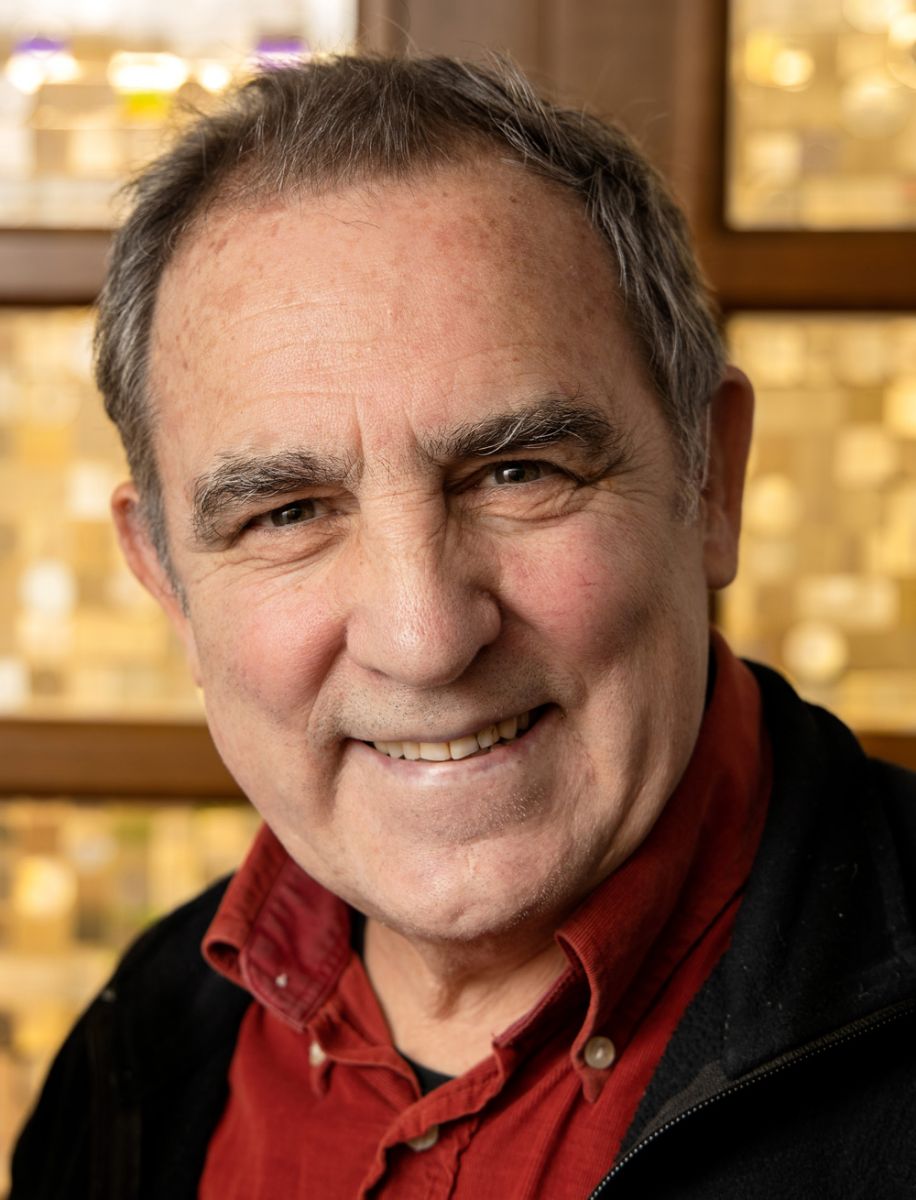
Why did you leave Estella and come to Tudela?
Because I married a girl from Tudela. The first year I went and came, but it wasn't an easy life and I started looking for a job in Tudela. They told me they needed an English teacher at a school there. I didn't know much English, but they got me. When learning Basque, I took advantage of the techniques learned from Patxi Altuna to teach English to the students. I worked in a public vocational training center, called the ETI. After the first year, I started teaching in Spanish. I have later worked in public centres in several countries: San Adrián, Cortes and again in Tudela, at the Benjamin Institute of Tudela.
Since when are you Olentzero in Tudela?
Last year was my eighth year. At Christmas I made about twenty Olentzero in towns and schools.
Since when is this festival held in Tudela?
46 years ago, the rock La Teba started to organize the funeral courtship of the polling station. In 1965 some members of the group of Friends of the Olentzero in Pamplona had been asking what rock or association might be willing to organize it here. La Teba was the only association capable of organizing such an event and, although very Spanish, approved the proposal. But the atmosphere was not very quiet. The Tebanos were not comfortable, because they soon started taking out ikurriñas and other symbols on the courtship. It was the Beterri rock that took the witness. Beterri has expanded and expanded the initiative. Olentzero is deeply rooted and very much loved in Tudela. A lot of people come to see the Joaldunak, the Gaiters and the animals. Since then, tradition has spread to other peoples: Cintruénigo, Corella, Ribaforada, Cascante, Ablitas… This year, for the first time, we have done so in Buñuel. In addition to the Olentzeros on the street, the festival is also held in many schools.
How do people get it?
People are not stupid. Without saying anything, many wager on the Olentzero saying, for example, that Father Noel comes from further away, or that Olentzero does not come from Azpeitia or Zarautz, but from Lesaka, that Lesaka is Navarre.
Facing the gold and the lights of the Magi, Olentzero’s is a feast of animals, friendly, simple and close. People like it a lot. We bring animals from Leitza, and that attracts a lot of people. We also cast dulces.Hay a
lot of people who don't even know how to pronounce Olentzero well, but come to see him at ease. In recent years custom has been spreading, albeit slowly.
I relate all of this to model A. Almost a thousand children and adolescents are learning Euskera as a subject in the Ribera, and, although little, here is a great step forward.
"Some parents do not take their children to model A but to model G, but give them special Basque classes."
What is the importance of model A in the Ribera Navarra?
Terrible. The Basque country today has four legs in the Lower Bank: Argia Ikastola, model A, AEK and School of Languages. I collected the specific data from this course to prepare a report and, consequently, in model A, 910 children and adolescents are being studied. Data from Primary Education in public centers are as follows: 70 students from Ablitas, 20 from Cabanillas, 69 from Cascante, 42 from Castejón, 123 from Cintruénigo, 10 from Corella, 80 from Cortes, 4 from Fontellas, 62 from Murchante. As for the ESO, Bachiller and Vocational Training, at the Benjamín Institute of Tudela there are 34 students and in the Ebro Valley there are 25.
In model D the only option is Argia Ikastola. In the center there are 230 students with 21 teachers. They should be joined by the 60 people who are studying at AEK and the 28 who are at the Language School. In model A and D, therefore, 1,400 students and teachers. According to my calculations, there will be another 500 Basques in Tudela and some 60 more in the surrounding villages. About 2,000 people in a region of 100,000 people. I think we have to drive model A in the Ribera, that is a very interesting access for the Basque country.
Are the children making the way from model G (the Basque is also not a subject) to model A?
The spread is very slow, the truth. This year, for example, in Corella, a village of 7,600 people, only ten children have come to model A. The Government of Navarra should make a special effort to promote: invite writers or intellectuals to speak, offer clowns and plays, organize excursions to educational centers in other regions of Navarre so that our children see that in many areas Basque is spoken in Navarre…
What do you think of the pressure being exerted against the Basque people from the political and media right?
UPN doesn't want to see what's here. They don't care if they bring other things from where they know where, but they can't see the Basque. Highly politicised citizens believe that the Government imposes their language on them. Others, on the other hand, think that their sons and daughters could live in Pamplona, San Sebastian or Bilbao, and that Euskera can be made valuable. So some of them don't take the kids to model A, but they give them private lessons. However, it is not easy to attract people. This year I have tried to extend Model A of Buñuel and after talking to some mothers I have seen that they are very busy and that they have no desire or possibility to get into more things.
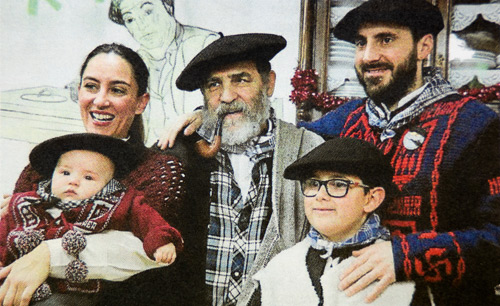
Have you received much pressure from the right in this legislature?
I hold the newspaper anxiously. Stickers have often appeared on streetlights, street walls or window windows, saying: “The Basque Country is imposed” or “Defiende Navarra”. The protesters have raged the signs written in Euskera and the signs they were wearing in Euskera. In 2016, they attacked the Ikastola de Tudela. They came in and made offensive graffiti. I am a child for that and when I see such assaults I rush to cry. Rage, I've been out several times in the street with the sprays to erase these kinds of messages.
Is there a perception in the street, in addition to teaching, of more movement in favor of the Basque country?
A number of interesting initiatives have been launched. In June of last year, for example, the Festival of the Basque Country in Tudela, organized by the Platform for the Basque Country of Tudela, was held for the first time, with the collaboration of the City Hall and the Government. Cultural and festive events were held in four places for children and adults, and went very well.
Another example is the initiative that the Tutera Kantuz group has launched this year to learn how to love the Basque country. In this group of 35 people, they want to put Euskera out of politics and turn away the negative perspective. Distribute tokens with the lyrics and explanations of the songs. In the Basque Country and in the Korrika, as could not be otherwise, many people were moved. On the other hand, here we see ETB, and that's very important.
The Mayor of Ezker Batua was during the legislature the Deputy General of Gipuzkoa. How did he work as far as Euskera is concerned?
All right. Eneko Larrarte does it well. It's very close. In addition, his mother is in Geroa Bai.
“Beterri peña, euskaldunen eta euskaltzaleen topagunea da Tuteran. Abesbatzak eta txistularien saioak izaten dira, edo haur txikientzako emanaldiak. Oso jator ari dira lanean, eta gainera, erreleboa lortzen ari da 25 urte inguruko gazte kuadrilla gogotsu bat sartu delako. Bazkide gehiago ezin da egin goraino dagoelako betea eta jaietan mundu guztia hara joaten da. Bitxia da ikustea nola eskuindarrak ere arazorik gabe ikurrinaren azpitik pasatzen diren tabernara sartzeko”.
“Hemengo jesuitei edo mojen eskoletakoei kritika egin behar diet: Nola liteke euskara ez balego bezala aritzea? Eskolatik aterako dira jakin gabe Goikoetxea zer den edo bat-bi-hiru kontatzen jakin gabe. Gutxieneko bat behar da, ez soilik A ereduan, G ereduan ere bai. Abesti batzuk, ezagutza minimo batzuk… Derrigorra beharko luke izan Nafarroa osoan. Ingurua ezagutzearen barruan sartzen da”.
“Pantailak utzi erronka” hasi dute, maiatzaren 13tik 22ra, Ipar Euskal Herriko 25 eskolak eta 2.445 haurrek. “Hasi aitzin, beldurra dute gazteek, ez direlakoan desafioa betetzera helduko. Gero, indar kolektiboak hartzen du gain”.
Donibane Garazi inguruko herri ttipi batean sortua da Bea, eta 1970eko hamarkadan ondoko eskola publiko batean ikusi zituen bortizkeria, sexu eraso eta bortxaketak salatu dizkigu. Irakasleak eragiten zizkiela tratu horiek ama eskolako eta lehen mailako haurrei, mutikoak bortizki... [+]
The Department of Education reported on diagnostic evaluations in February: He talked about the mid-stage of 2023 and the end-stage of 2024. Since the disastrous results would show that we have a structural problem, the department decided to comply with the procedure (publish... [+]
I found the old news on the LIGHT ephemeris channel: On April 23, 1918, Irish workers went on a general strike in I. Against forced recruitment for World War II. Thanks to the response of the workers and independence supporters, Britain was forced to retreat.
We don’t have to... [+]









